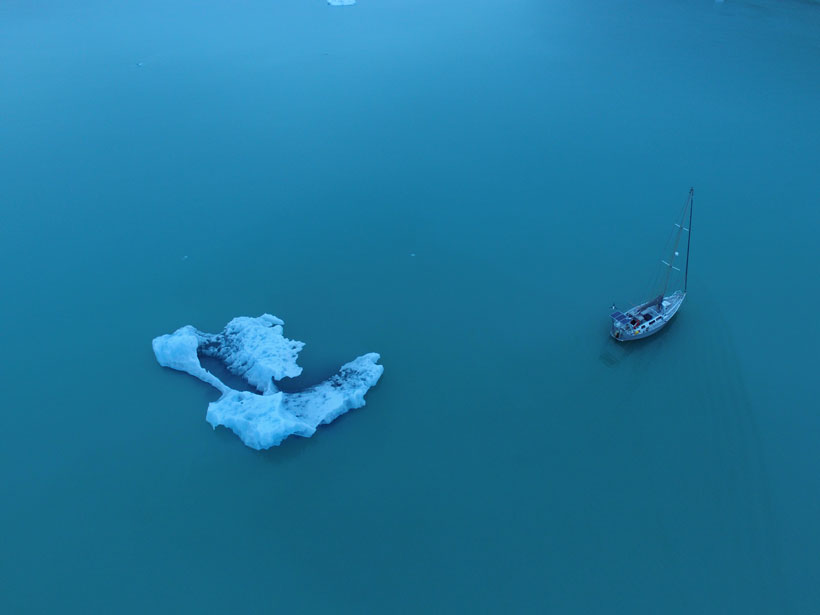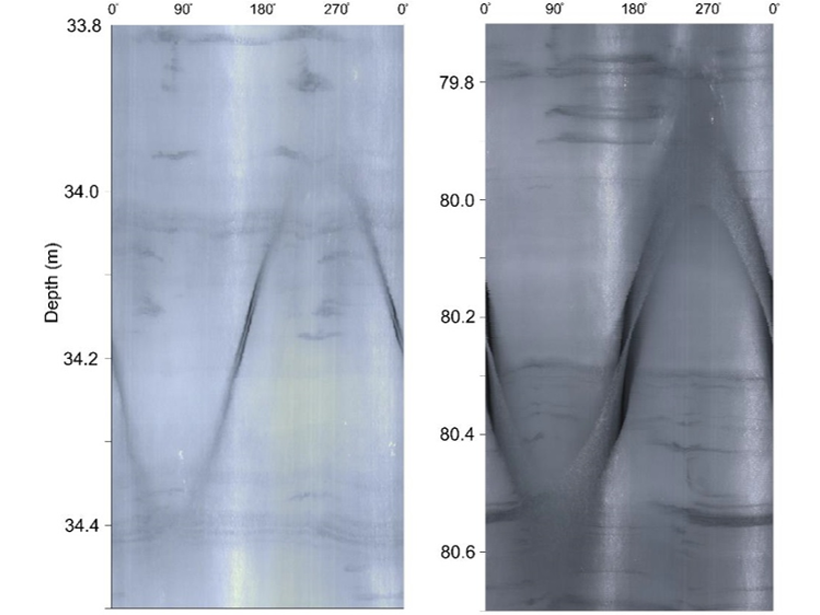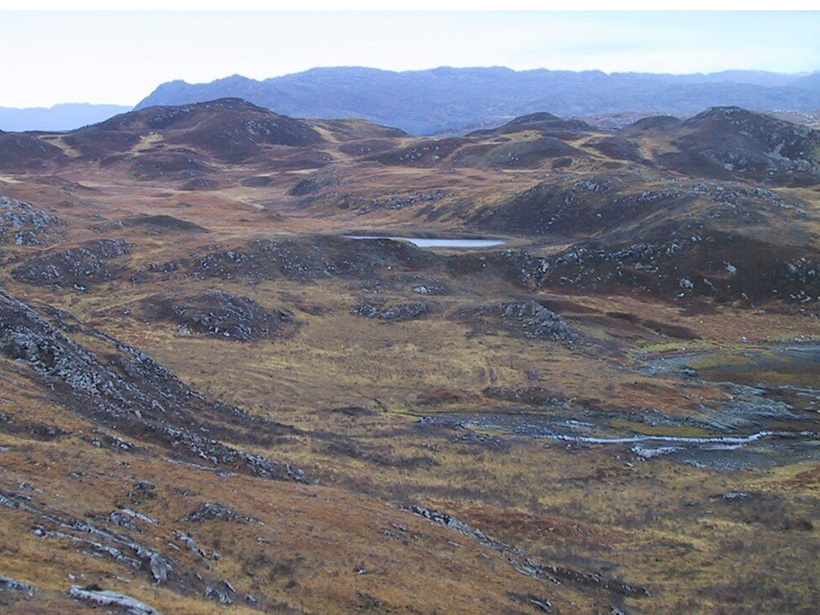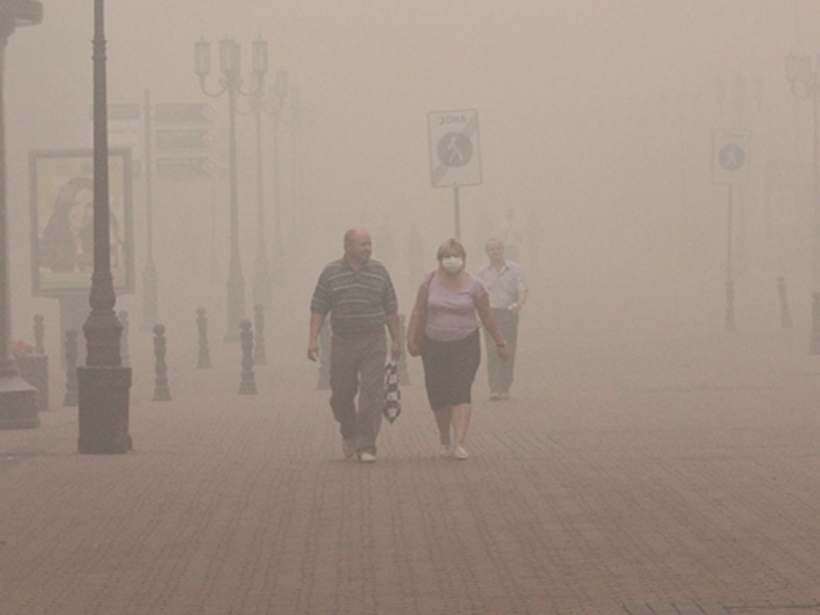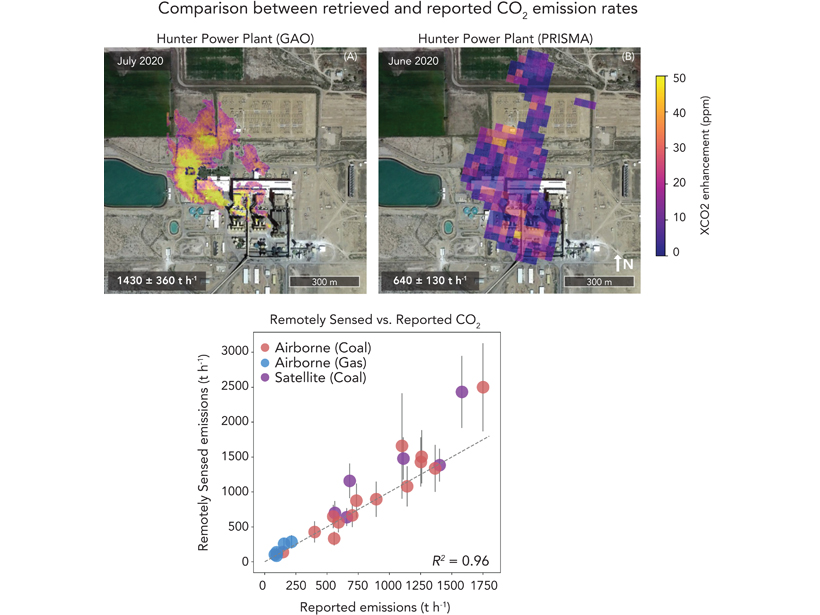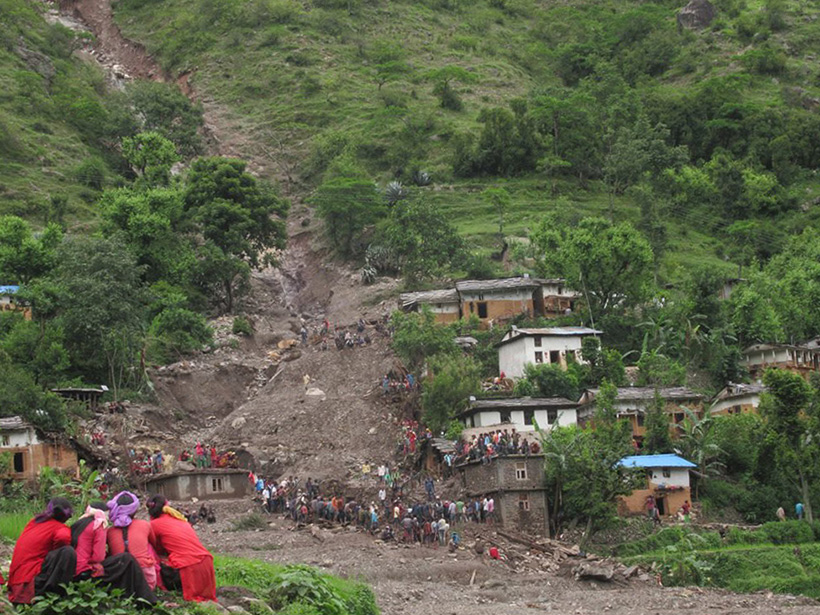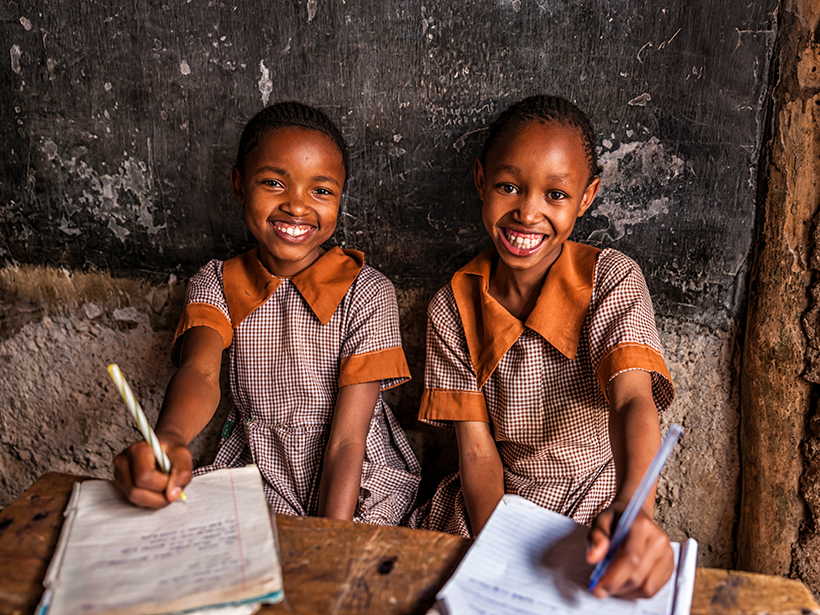La idea de mandar gente a Marte ha capturado la imaginación del público, pero ¿hemos realmente considerado cómo nuestra presencia alteraría al planeta?
2021 CC BY-NC-ND
Studying Arctic Fjords with Crowdsourced Science and Sailboats
A new study demonstrates the benefits of crowdsourcing science using sailboats to better understand the impact of melting sea ice in the Arctic.
Evidence of Crevasses Transporting Heat Deep into Greenland Ice
Crevasses are a feature of ice sheets but how deep they extend has been a mystery. Now crevasse traces have been visually identified to 265 meters in a borehole in a fast-moving outlet glacier.
Species of Feces Help Phytoplankton Feed Itself
The unicellular plants more readily take up iron in the presence of salp feces than in krill feces, an experiment in Antarctica reveals.
An Ancient Meltwater Pulse Raised Sea Levels by 18 Meters
Meltwater pulse 1A, a period of rapid sea level rise after the last deglaciation, was powered by melting ice from North America and Scandinavia, according to new research.
Chasing Cyclones from Space
The pioneering use of satellite-based synthetic aperture radar to characterize tropical cyclones in near-real time has provided a crucial new tool with which to forecast powerful storms.
Does Bad Air Cause Lung Cancer?
Papers are welcomed for a new cross-journal special collection exploring the links between air quality and lung cancer.
Constraining Global Power Plant Emissions of Carbon Dioxide
Airborne and satellite imaging spectrometers provide accurate quantifying of CO2 emissions at the facility scale, which is important to emission budgets and policy constraints.
Nepal’s Communities Brace for Multihazard Risks
From its high mountains to its low plains, Nepal faces growing risks from natural hazards. Preparing for these risks requires accurate, locally relevant risk assessments and effective communications.
La educación puede aumentar las emisiones pero mitigar el costo humano del cambio climático
El incremento en la educación en los países en vías de desarrollo podría traer un aumento modesto en las emisiones de carbono debido al crecimiento económico, pero la educación podría también reducir el impacto negativo del cambio climático en poblaciones vulnerables.


